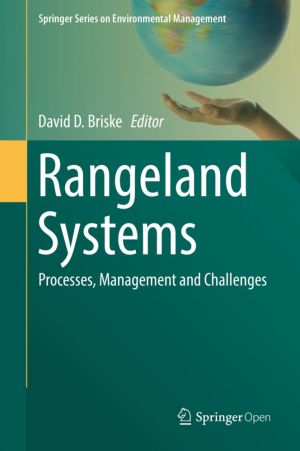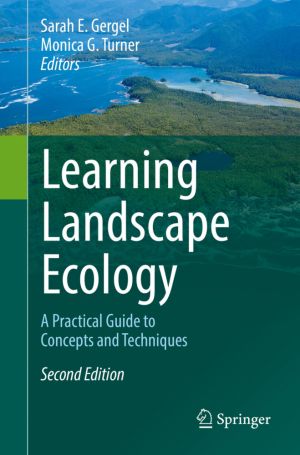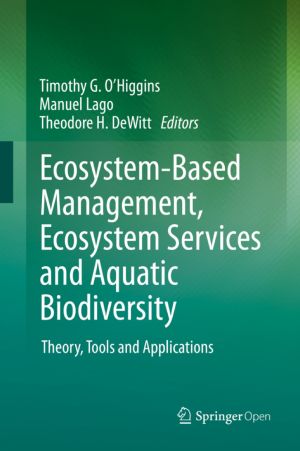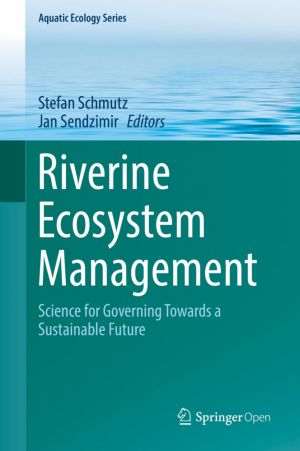Riverine Ecosystem Management
Science for Governing Towards a Sustainable Future
by Stefan Schmutz, Jan Sendzimir
DescriptionDetailsHashtagsReport an issue







Book Description
This book surveys the frontier of scientific river research and provides examples to guide management towards a sustainable future of riverine ecosystems. Principal structures and functions of the biogeosphere of rivers are explained; key threats are identified, and effective solutions for restoration and mitigation are provided. Rivers are among the most threatened ecosystems of the world. They increasingly suffer from pollution, water abstraction, river channelisation and damming. Fundamental knowledge of ecosystem structure and function is necessary to understand how human acitivities interfere with natural processes and which interventions are feasible to rectify this. Modern water legislation strives for sustainable water resource management and protection of important habitats and species. However, decision makers would benefit from more profound understanding of ecosystem degradation processes and of innovative methodologies and tools for efficient mitigation and restoration. The book provides best-practice examples of sustainable river management from on-site studies, European-wide analyses and case studies from other parts of the world. This book will be of interest to researchers in the field of aquatic ecology, river system functioning, conservation and restoration, to postgraduate students, to institutions involved in water management, and to water related industries.This open book is licensed under a Creative Commons License (CC BY). You can download Riverine Ecosystem Management ebook for free in PDF format (15.0 MB).
Book Details
Title
Riverine Ecosystem Management
Publisher
Springer
Published
2018
Pages
562
Edition
1
Language
English
ISBN13
9783319732497
ISBN10
3319732498
ISBN13 Digital
9783319732503
ISBN10 Digital
3319732501
PDF Size
15.0 MB
License

Related Books

This book provides an unprecedented synthesis of the current status of scientific and management knowledge regarding global rangelands and the major challenges that confront them. It has been organized around three major themes. The first summarizes the conceptual advances that have occurred in the rangeland profession. The second addresses t...

This open access volume presents a comprehensive account of all aspects of biological invasions in South Africa, where research has been conducted over more than three decades, and where bold initiatives have been implemented in attempts to control invasions and to reduce their ecological, economic and social effects. It covers a broad range of the...

This title meets a great demand for training in spatial analysis tools accessible to a wide audience. Landscape ecology continues to grow as an exciting discipline with much to offer for solving pressing and emerging problems in environmental science. Much of the strength of landscape ecology lies in its ability to address challenges over large are...

Aquatic ecosystems are rich in biodiversity and home to a diverse array of species and habitats, providing a wide variety of benefits to human beings. Many of these valuable ecosystems are at risk of being irreversibly damaged by human activities and pressures, including pollution, contamination, invasive species, overfishing and climate change. Su...

Some European lands have been progressively alleviated of human pressures, particularly traditional agriculture in remote areas. This book proposes that this land abandonment can be seen as an opportunity to restore natural ecosystems via rewilding. We define rewilding as the passive management of ecological successions having in mind the long-term...

This open access Pivot demonstrates how a variety of technologies act as innovation catalysts within the banking and financial services sector. Traditional banks and financial services are under increasing competition from global IT companies such as Google, Apple, Amazon and PayPal whilst facing pressure from investors to reduce costs, increase ag...

